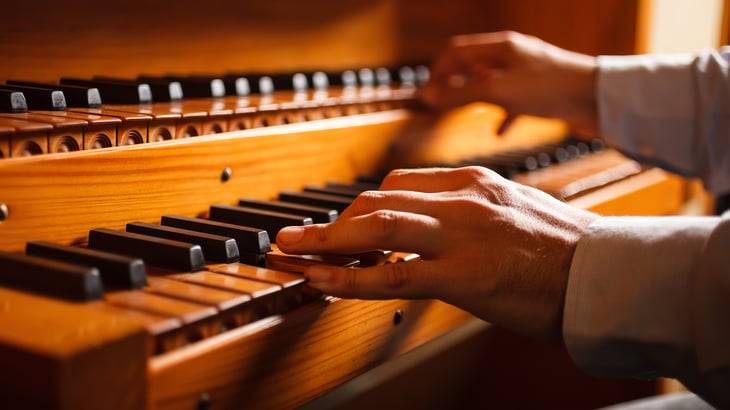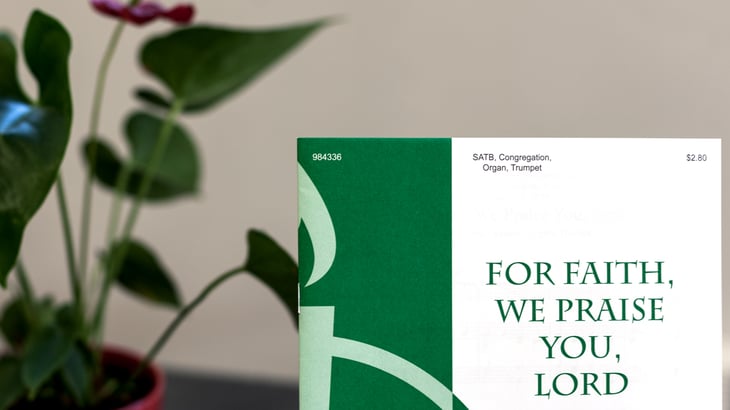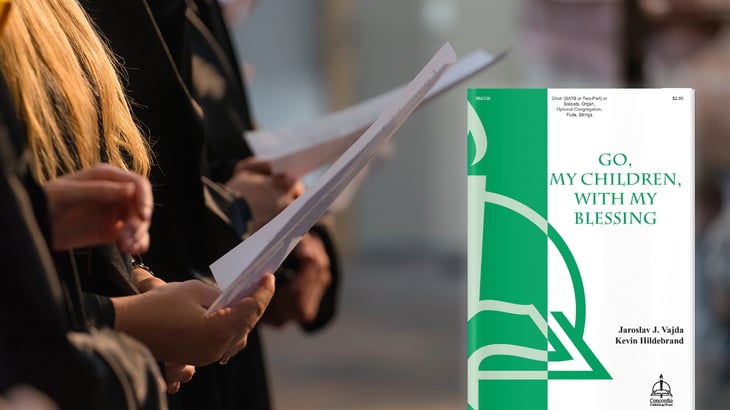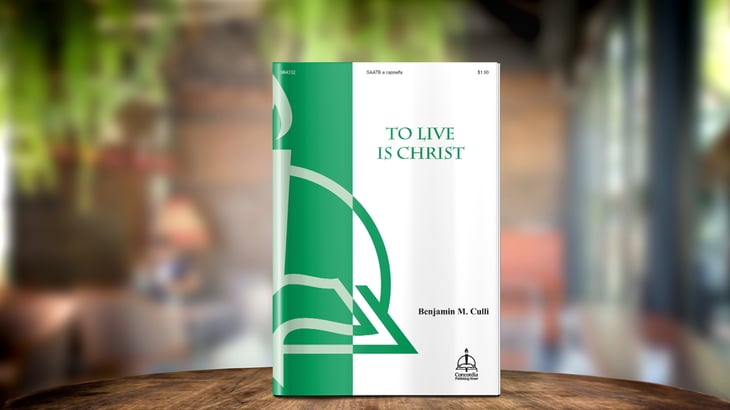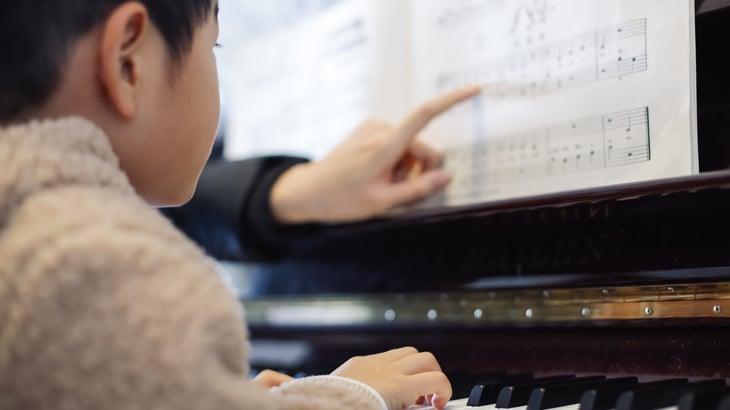What Is a Cantor?
You may have heard someone in your church referred to as a cantor (sometimes spelled “kantor”). You probably know that a cantor works with church music, but what makes a cantor distinct from an organist or director of church music? Carl Schalk provides insight into what a cantor is historically in church tradition and what it means for us today. The following has been adapted from The Cantor in the Lutheran Tradition.
The Tedious Work of Musicians and Christians
I periodically see a meme floating around the internet jokingly mimicking those who praise musicians with phrases like “Wow, how did you get such great talent?” and “How do you play so beautifully?” The musician responds every time: “Practice.”
This meme expresses the truth of every great artist. Certainly, some possess a certain knack for particular arts and we hear about prodigies every once in a while, but the truth is that those who succeed in any area, whether music or otherwise, succeed because they put in the hard work of learning to do something well.
Church Musicians Need Rest Too
For many church musicians, summer is a time of rest from the rigors of the rest of the year. Music teachers find a respite in their school schedule, lesson teachers find that students take more time off during the summer, and church music directors, cantors, and organists often take the summer to break from the usual choir rehearsals and demands of festival Sundays. We need rest.
How to Network with Local Church Musicians
The professional world is full of networking opportunities, from connecting with individuals at conferences to networking entirely online. For a church musician or a music director, these networking needs are far different than, say, a marketing manager of a Fortune 500 company. In fact, making connections with other local musicians in your community can be challenging but also rewarding. The ability to use resources through networking for your church will not only free up your precious time but also give you the tools you need to broaden the musical selections your congregation hears every Sunday without having to dip further into the budget. For those trying to network with local musicians or churches in your area, try these tips below.
Music of the Month: For Faith, We Praise You, Lord
Commissioned for the 150th anniversary of Concordia Publishing House on September 11, 2019, pastor and hymnwriter Stephen P. Starke, and Kevin J. Hildebrand, kantor at Concordia Theological Seminary, Fort Wayne, have produced For Faith, We Praise You, Lord, a sturdy hymn written to the tune VERITY.
The five-stanza hymn is scored for SATB choir, congregation, organ, and trumpet. The hymn charts the Christian life lived in faith, from birth in Holy Baptism, to the altar at the Lord’s Supper, and into the harvest field as workers in God’s earthly kingdom. The post below showcases each stanza of this hymn along with explanations and reflections on the lyrics.
Music of the Month: Go, My Children, with My Blessing
Composed in commemoration of the centennial of the birth of Jaroslav J. Vajda (1919–2008), Kevin Hildebrand’s setting of the favorite hymn is flexible for SATB or two-part choir or soloists, organ, optional congregation, flute, and strings.
Five-Step Summer Plan for Music Teachers and Directors
It’s 8:46 on a Sunday morning, and I’m still in my pajamas sipping coffee and listening to the birds outside my sun-filled apartment as I write. No choir obligations, no classroom work looming for the after-church hours, no rush to get the laundry done today, no urgent Sunday-evening meal prepping to anticipate.
Music of the Month: To Live Is Christ
Benjamin M. Culli’s exquisite SAATB a cappella anthem uses a text by Lisa M. Clark. Inspired by Philippians 1:21, “For to me to live is Christ, and to die is gain,” this piece features a soaring tune that is supported by close, rich harmonies.
Musical Literacy, Sightreading, and the Church
Can you comprehend a world without literacy? Think for a moment about a world in which only a small percentage can read and a smaller percentage can read well. If we church musicians also consider music essential to life, should we not also consider music literacy, especially in the form of sightreading, an indispensable skill for any budding, and accomplished, musician?
